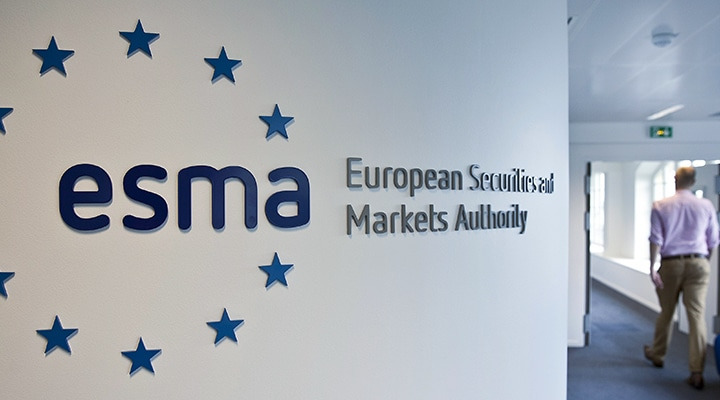The European Securities and Markets Authority (ESMA) aims to strengthen the provisions around the passporting of financial services licenses by adding a few more rules to the Markets in Financial Instruments Directive (MiFID II).
Passporting of licenses allow investment firms to obtain financial services licenses from any of the European Union member countries and then passport them to offer services anywhere in the 27-country bloc.
Announced on Thursday, the European Union’s financial markets regulator and supervisor want companies to reveal specific details at the passporting stage.
If approved like they are suggested, the investment firms will need to provide marketing which means that it will be used in the passported EU member state; language in which customer grievances and complaints will be handled; the active markets where the investment firms will use the passport, along with categories of targeted clients; and internal organization concerning the cross-border activities of the firm.
The EU regulator will close its consultation on the proposed rules on 17 February 2023 and consider the feedback in Q2 2023. It is expected to publish a final report by the end of next year.
Tightening the Gaps
The proposal came after the EU regulator raised concerns about the actions of multiple National Competent Authorities (NCAs) in cross-border activities. Earlier, it reviewed the supervision of six NCAs.
“The cross-border provision of investment services is a key element of the single market of financial services as it fosters competition and expands the offer available to consumers who can choose among a broader number of firms and investment opportunities,” the etx stated.
The Cyprus Securities and Exchange Commission (CySEC), which oversees several retail brokers, received several recommendations from ESMA, primarily to increase the human resources needed for the supervision of cross-border services and strengthen its supervisory activities around the monitoring and enforcement of compliance measures.
“ESMA and NCAs have noted the continued increase in cross-border activities to retail clients provided under the MiFID II free provision of services regime,” the EU regulator added. “However, the increase in cross-border activities by investment firms clearly requires NCAs to increase their focus on the supervision of cross-border activities and on cooperation. A development of cross-border activities which is not accompanied by increased supervisory focus risks undermining investors’ trust and backfiring on the achievement of the single market.”

















